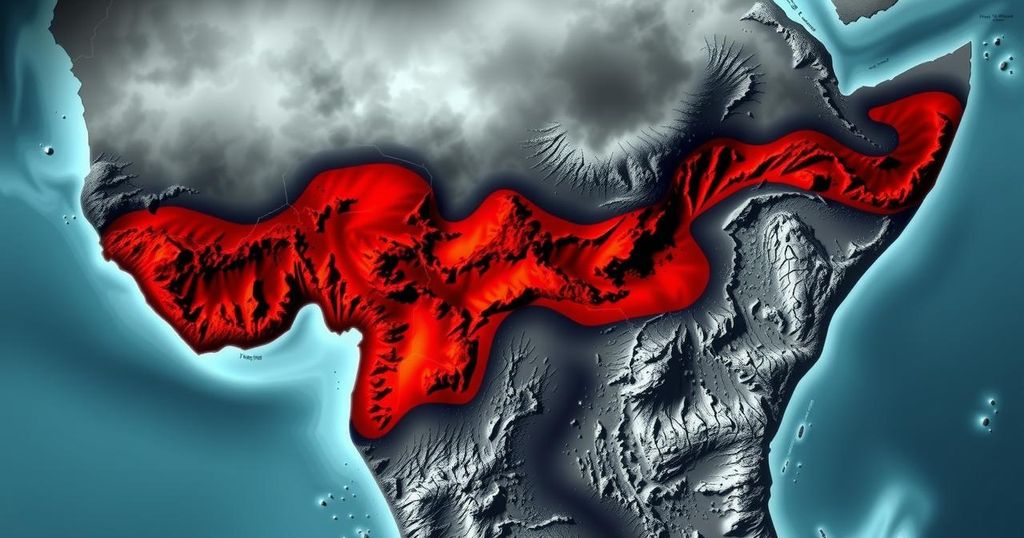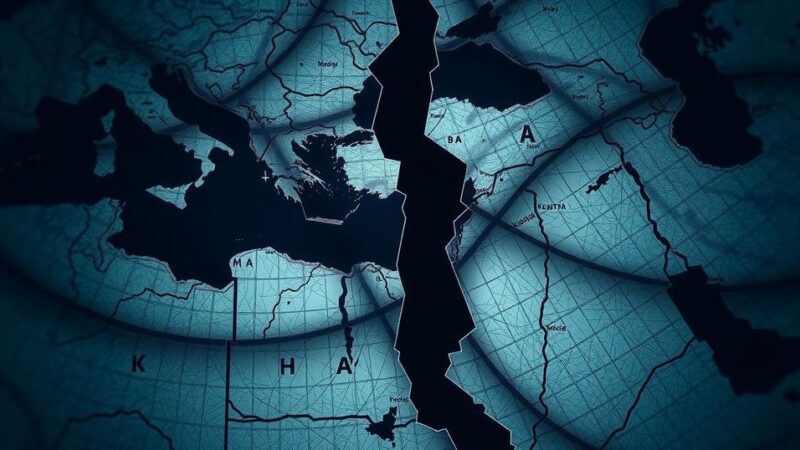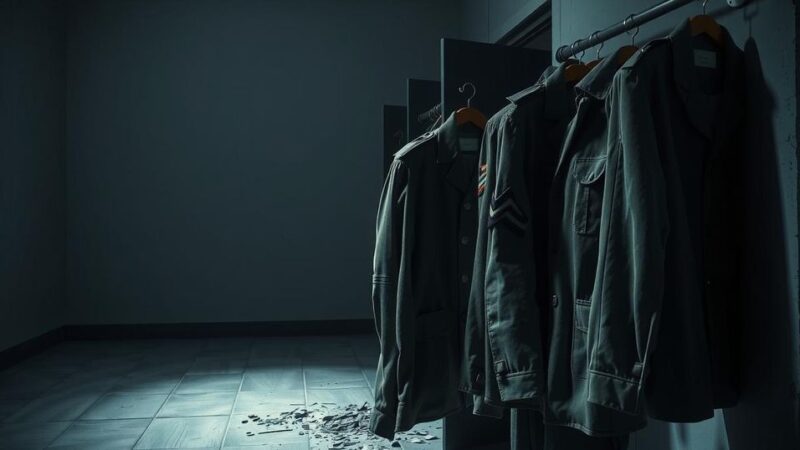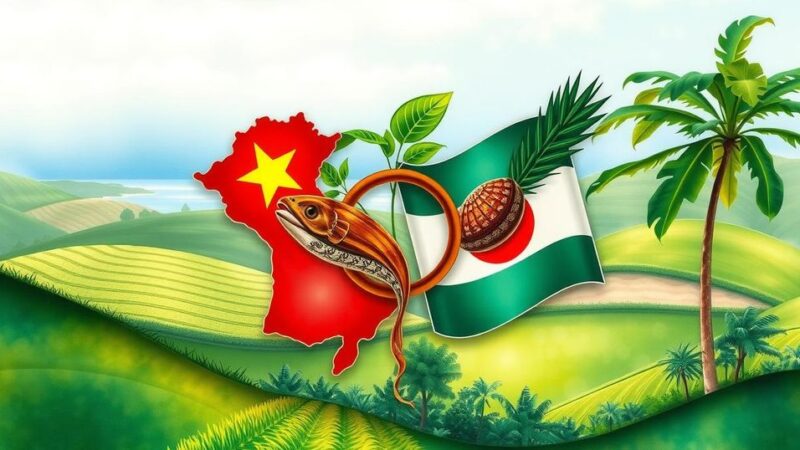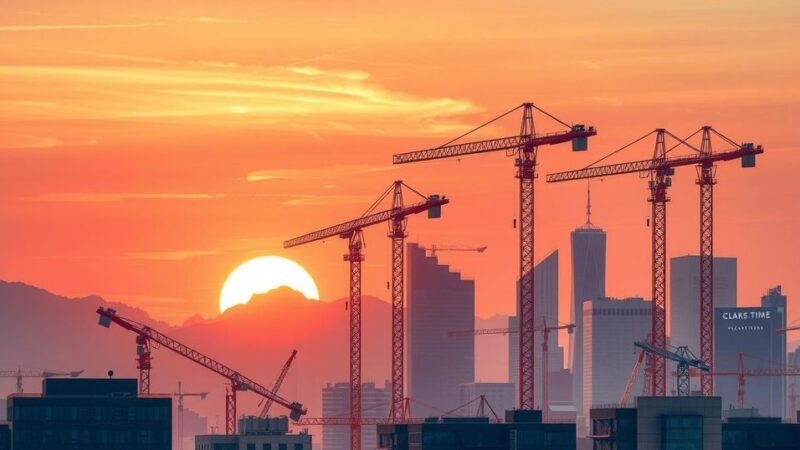The security in South Sudan has deteriorated amid rising conflicts between SPLM and SPLM-IO, with violent escalations resulting in multiple civilian casualties and mass displacements. Tensions have reached the capital with clashes posing risks to the 2018 Peace Agreement. The UN stresses urgent action needed to maintain peace as the humanitarian crisis intensifies, affecting millions and complicating recovery efforts following years of civil war.
The security situation in South Sudan has significantly worsened due to escalating tensions between the Sudan People’s Liberation Movement (SPLM) led by President Salva Kiir Mayardit, and the Sudan People’s Liberation Movement in Opposition (SPLM-IO), headed by First Vice President Riek Machar. This precarious state raises serious concerns over the risk of a return to civil war, threatening the already fragile nation.
On March 4th, a youth militia named the White Army seized barracks formerly occupied by the South Sudan People’s Defense Forces (SSPDF). In retaliation, aerial strikes using incendiary devices targeted civilian areas in the Upper Nile region, resulting in numerous fatalities, grave injuries, and displacing approximately 100,000 individuals, intensifying fears of further violence as both opposition groups strengthen their ranks, including the potentially concerning recruitment of children.
The violence escalated in Juba on March 24, as clashes erupted between the SSPDF and SPLA-IO forces near the capital, instilling fear of widespread conflict reminiscent of the civil wars of 2013 and 2016. The ongoing strife not only risks public safety but also jeopardizes the 2018 Revitalized Peace Agreement, which aimed to stabilize the country.
On the political front, significant changes occurred as several SPLM-IO military and civilian officials faced removal or detention, with Riek Machar reportedly under house arrest as of March 26. The UN peacekeeping mission’s head, Nicholas Haysom, emphasized the urgency, stating, “South Sudan is teetering on the edge of a relapse into civil war” and urged a return to peace agreements.
International efforts led by the UN, the African Union, and regional organizations are ongoing to address the conflicts and reinforce peace initiatives. The UN Secretary-General reiterated the necessity for South Sudan’s leaders to prioritize peace, declaring, “Put all the people of South Sudan first.”
Upon gaining independence from Sudan in 2011, South Sudan experienced only a brief period of stability before internal political strife erupted into civil war between factions loyal to Kiir and Machar. Despite the signing of the Revitalized Peace Agreement in 2018, peace implementation has stagnated, resulting in extension of transitional periods and delayed elections, thus exacerbating humanitarian crises affecting over nine million individuals who require assistance. The challenges are further compounded by the influx of 1.1 million returnees and refugees, coupled with economic strains reflecting plummeting oil revenue, soaring inflation, and public health crises like cholera outbreaks.
In conclusion, South Sudan is confronted with severe risks of renewed civil war as political tensions rise between key factions. The dire humanitarian crisis further complicates the situation, necessitating immediate and concerted peace efforts and adherence to prior agreements. The international community’s diplomatic initiatives may hold potential for averting disaster, yet such efforts can only succeed if the involved parties demonstrate the willingness to prioritize peace and stability for the nation.
Original Source: peacekeeping.un.org
